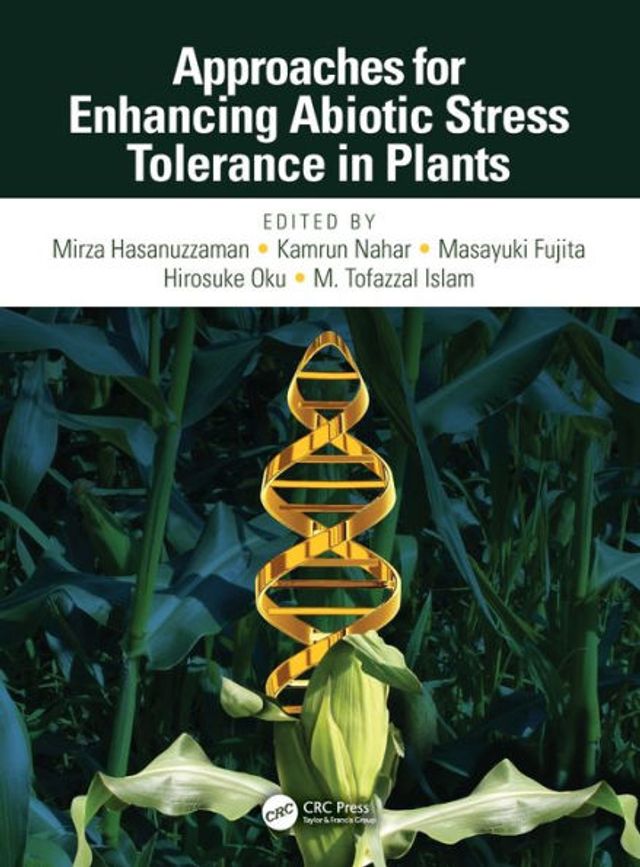Home
Microbial Stress Tolerance for Biofuels: Systems Biology
Loading Inventory...
Barnes and Noble
Microbial Stress Tolerance for Biofuels: Systems Biology
Current price: $169.99


Barnes and Noble
Microbial Stress Tolerance for Biofuels: Systems Biology
Current price: $169.99
Loading Inventory...
Size: Hardcover
*Product Information may vary - to confirm product availability, pricing, and additional information please contact Barnes and Noble
The development of sustainable and renewable biofuels is attracting growing interest. It is vital to develop robust microbial strains for biocatalysts that are able to function under multiple stress conditions. This
Microbiology Monograph
provides an overview of methods for studying microbial stress tolerance for biofuels applications using a systems biology approach.
Topics covered range from mechanisms to methodology for yeast and bacteria, including the genomics of yeast tolerance and detoxification; genetics and regulation of glycogen and trehalose metabolism; programmed cell death; high gravity fermentations; ethanol tolerance; improving biomass sugar utilization by engineered
Saccharomyces;
the genomics on tolerance of
Zymomonas mobilis;
microbial solvent tolerance; control of stress tolerance in bacterial host organisms; metabolomics for ethanologenic yeast; automated proteomics work cell systems for strain improvement; and unification of gene expression data for comparable analyses under stress conditions.
Microbiology Monograph
provides an overview of methods for studying microbial stress tolerance for biofuels applications using a systems biology approach.
Topics covered range from mechanisms to methodology for yeast and bacteria, including the genomics of yeast tolerance and detoxification; genetics and regulation of glycogen and trehalose metabolism; programmed cell death; high gravity fermentations; ethanol tolerance; improving biomass sugar utilization by engineered
Saccharomyces;
the genomics on tolerance of
Zymomonas mobilis;
microbial solvent tolerance; control of stress tolerance in bacterial host organisms; metabolomics for ethanologenic yeast; automated proteomics work cell systems for strain improvement; and unification of gene expression data for comparable analyses under stress conditions.

















